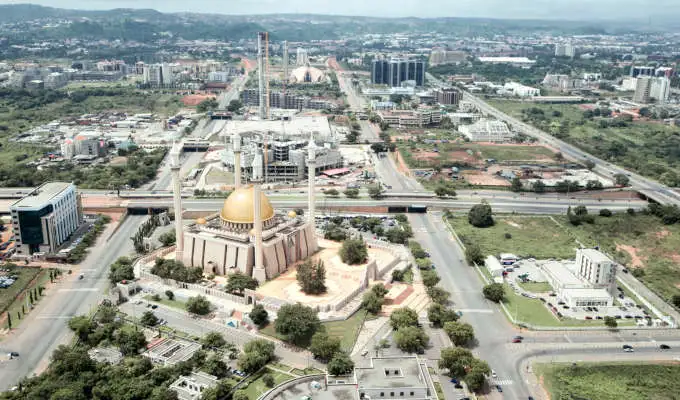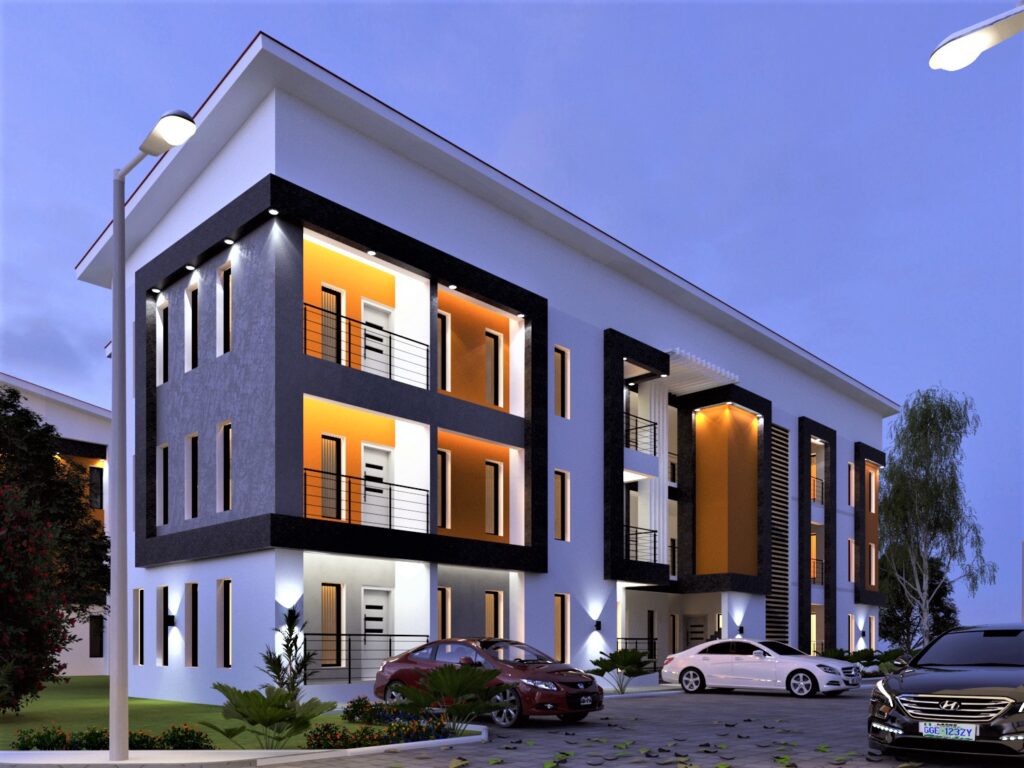
The Rising Wave Of Real Estate In Nigeria’s Capital
Riding the Wave

Navigating the Undercurrents
Affordability Concerns: Despite diversification efforts, affordability concerns still need to be addressed, especially for low and middle-income earners. Rising property prices could create an unsustainable bubble.
Infrastructure Gaps: While development is increasing, the pace needs to match population growth to avoid overburdening existing infrastructure like transportation and utilities.
Regulatory Hurdles: Complex land acquisition procedures and bureaucratic red tape can hinder development and discourage investors. Streamlining regulations is crucial for sustainable growth.
Environmental Impact: Rapid development must be balanced with environmental concerns to ensure sustainable and responsible construction practices.
Staying Afloat, Maximising the Opportunities
In the dynamic realm of Abuja’s real estate, staying afloat requires a strategic approach beyond conventional practices. Here’s a roadmap for developers, investors, and stakeholders to weather challenges and ride the rising tide of opportunities.
Focus on Sustainability
Embracing environmentally friendly and energy-efficient designs is more than just a choice; attracting discerning buyers and investors is necessary. The future belongs to developments prioritising sustainability, aligning with global trends and contributing to a greener and more resilient real estate landscape.
Targeted Solutions for Affordable Housing
Tackling the affordable housing gap demands innovative financing models and government-backed initiatives. Developers who address this critical aspect contribute to their success and the inclusive growth of Abuja’s real estate sector. The key is finding targeted solutions that bridge the affordability divide.
Collaboration and Transparency
The synergy between public and private entities is a powerful force for sustainable growth. Public-private partnerships can pave the way for inclusive development, and improved stakeholder communication is pivotal. Transparency in processes and decision-making fosters trust, laying the foundation for a more equitable real estate landscape.
Embracing Innovation
Innovation is the linchpin for navigating the challenges of the future. From utilising technology for seamless land registration to streamlining construction processes and enhancing property management, embracing innovation is a game-changer. Efficiency and transparency become not just aspirations but integral components of successful real estate ventures.
Prioritising Affordability and Responsible Development
As Abuja’s real estate market evolves, prioritising affordability and responsible development is non-negotiable. This isn’t just about profits; it’s about ensuring that the rising wave of success carries everyone along, not just a select few. Stakeholders who commit to responsible and inclusive practices secure their future and contribute to the community’s prosperity.
Contact Dantata Town Developers today for real estate deals that are undeniably irresistible. With over a thousand units across the FCT and counting, we have a property for all budgets.
